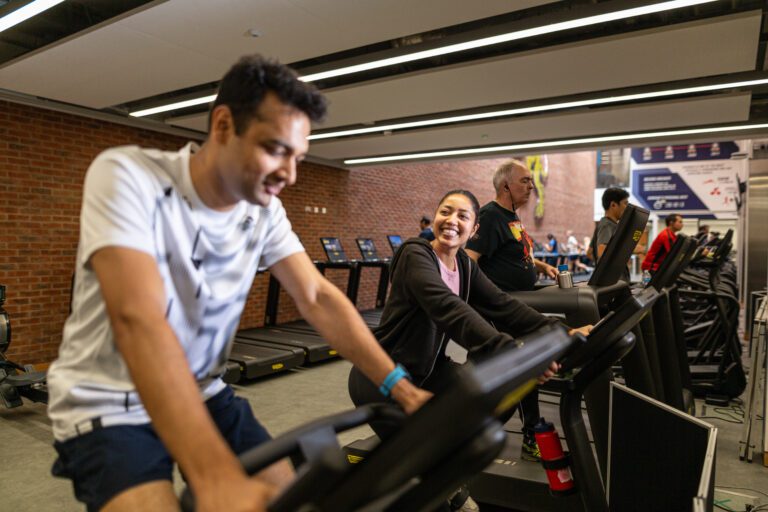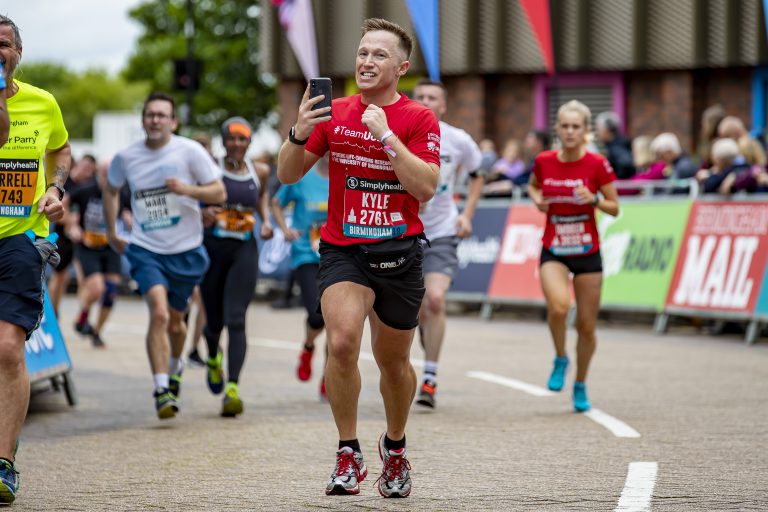
Ramadan: Ways to adapt your workout while fasting
Ramadan: Ways to adapt your workout while fasting Fasting and planning to continue with sport and exercise during Ramadan? With much of our energy

Ramadan: Ways to adapt your workout while fasting Fasting and planning to continue with sport and exercise during Ramadan? With much of our energy

If you’re worried about leaving it too late to start training, or simply have concerns about committing to your first ever long-distance run in front

Muslims who choose to fast during Ramadan will abstain from eating and drinking between sunrise and sunset each day for one month. It’s a busy
Scroll down for more options…
Scroll down for more options…
Scroll down for more options…

